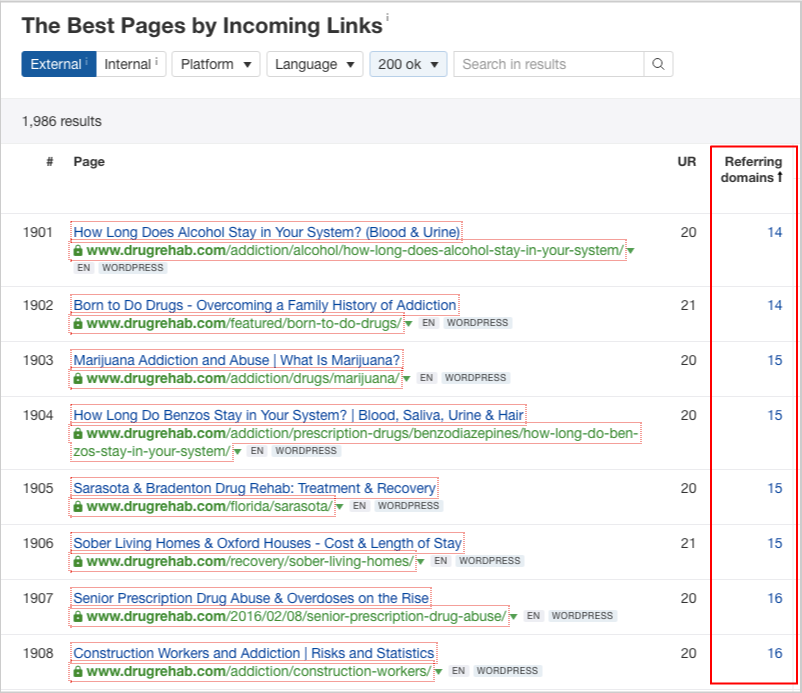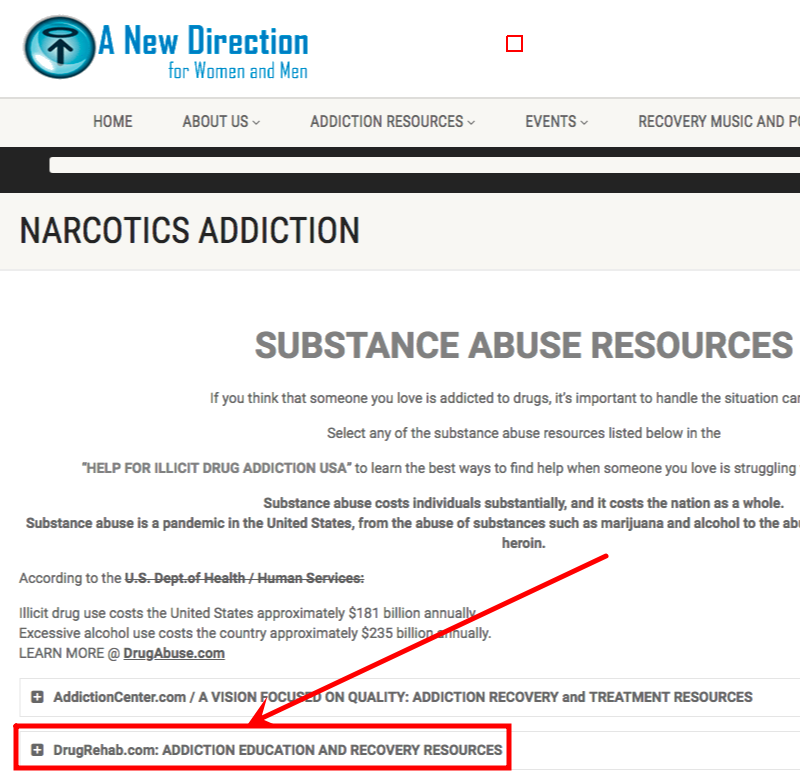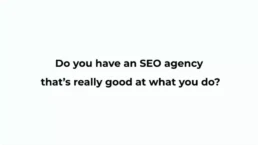by Venchito Tampon Jr | Last Updated on October 24, 2021
Links are being given higher preference as a ranking factor in search. It will always be that way as it contributes hugely in the ranking system.
Eric Enge’s viewpoint on why links are such a great signal comes down to these three major points:
- Material investment of the one linking to the page – the effort to put a link on a webpage is higher than implementing a link in a social media post.
- Links serve as a public endorsement identifying the brand with the page being linked to.
- Links give way for visitors to jump from one website to another – a direct invitation to do so.
The importance of links in search marketing now gives rise to businesses allotting budget for this area of SEO.
It is a serious matter when an investment has been made. As such, one must maximize every content asset produced for the brand, whether that is a video shot, written words or audio.

One consideration is to turn your old and existing content pieces into new links. There may be underdeveloped, un-updated, and almost forgotten assets your team can search for, go back, and think of ways to reuse to acquire more links for your site.
How is that possible?
Here are some tips you can apply to your link building campaign to maximize whatever old and existing asset you have on your site.
IDENTIFY THE FIRST SET OF LINKERS OF UNDERPROMOTED CONTENT
Look for any underpromoted content on your site that has gained links in the past. You can use Ahrefs to find pages that have at least 10 good referring domains.

Check the links if they are built manually or are just syndicated from its original source or links from scraper sites. You have to ensure these assets succeed at one point of either attracting natural links from content publishers or acquired resource links through manual outreach.

Can you see patterns of audience the underpromoted content piece has targeted? This gives you a clue as to which kind of blogs would be relevant to prospect and reach out to for links.
CHECK FOR ANY 404 PAGES LINKABLE CONTENT
For many reasons, there are linkable content assets that have been put down by the publisher or webmaster.
While some may not be useful anymore, there are timeless pieces that can be made live again to get more links to your site.
You can easily discover dead linkable content using Ahrefs’ filter feature “HTTP code”.

Assess the page if it’s worth to republish by looking at the number and type of links it garnered in the past, timeliness of topic, sets of linkable audiences can be matched to it, and overall linkability of the page itself.
MATCH EXISTING CONTENT TO LINKABLE AUDIENCES AROUND THE WEB
With 601 audiences, there is a big possibility of finding congruence with your existing content to a specific audience who actually links from their curated or resource pages.
Through a moderate amount of outreach, you can turn your simple existing piece of content into a linkable magnet. Broken link building allows that, by finding pages that have defunct links which your existing content is a fitting replacement for.
The same broken link building process is applicable, the only difference is in the part of content revision — where content has to be targeted for a chose linkable audience.
REUSE OLD VISUAL ASSETS
Visual assets like infographics are being produced every day. While some succeed in attracting more than average views, there are many that flopped because of lack of promotion.
If there are old visual assets of your site or of your client, look at the links they naturally gained first time around. Take note of the types of websites that picked it up.
Assess if you can find similar websites within the same level of reach.
Given the amount of months or years pass without the visual asset being heavily promoted, there are newly emerge publishers you can reach out to for additional exposure of the content.
REFORMAT YOUR EXISTING CONTENT
There are many ways on how you want your existing content pieces to increase its link-worthiness– either restructure it, repurpose (turn it into other content formats), or consolidate your thematically-relevant weak posts into a comprehensive guide on the topic.
By doing so, you establish the linkability of your content asset – helping it to be perceived as deserving for natural links.
You can also dig deep within your organization and find resources you can use or refine for manual outreach.
Here are some resources you may take a look:
- Frequently asked questions from customer service departments that can be refurnished as a FAQ guide — being added to an existing content
- Old newsletters with a curated list of resources, how-to tips, and sections, and interviews with industry experts or influencers
- Mini-ebooks distributed to potential customers
- Slide decks of speakers in your organization that can add extra context and points to an existing blog post or you may turn into a sort of “ask experts” series of content
- Internal training presentations that can be published as “inside the agency or business XY” signifying brand transparency.
- Employee knowledge base that can be turned into a common questions section on the website
IMPROVING WHAT IS IN YOUR HAND
Taking the effort to go through your content assets published in the past months and years may reveal opportunities you’ll otherwise miss if you simply just plan for new content creation.
Along with tips shared above, you can read this guide on content writing, content gap analysis, and this list of creative content promotion strategies.
The Author
Venchito Tampon Jr
Venchito Tampon is a Filipino Motivational Speaker, Corporate Trainer, and a Leadership Speaker in the Philippines. He is the CEO and Co-Founder of SharpRocket, a link building agency. With a decade of experience, Venchito has a proven track record of leading hundreds of successful SEO (link builidng) campaigns across competitive industries like finance, B2B, legal, and SaaS. His expert advice as a link building expert has been featured in renowned publications such as Semrush, Ahrefs, Huffington Post and Forbes. He is also an international SEO spoken and has delivered talks in SEO Zraz, Asia Pacific Affiliate Summit in Singapore, and Search Marketing Summit in Sydney, Australia. Check out his other businesses, Hills & Valleys Cafe, Blend N Sips and Saas Pursuit.
How our LINK BUILDING AGENCY builds 250 links/mo consistently using Predictable Link Building Methodology™…
- Using a SIMPLE and PROVEN system
- Using a SCALABLE strategy
- No private blog networks
- No creepy outreach emails
